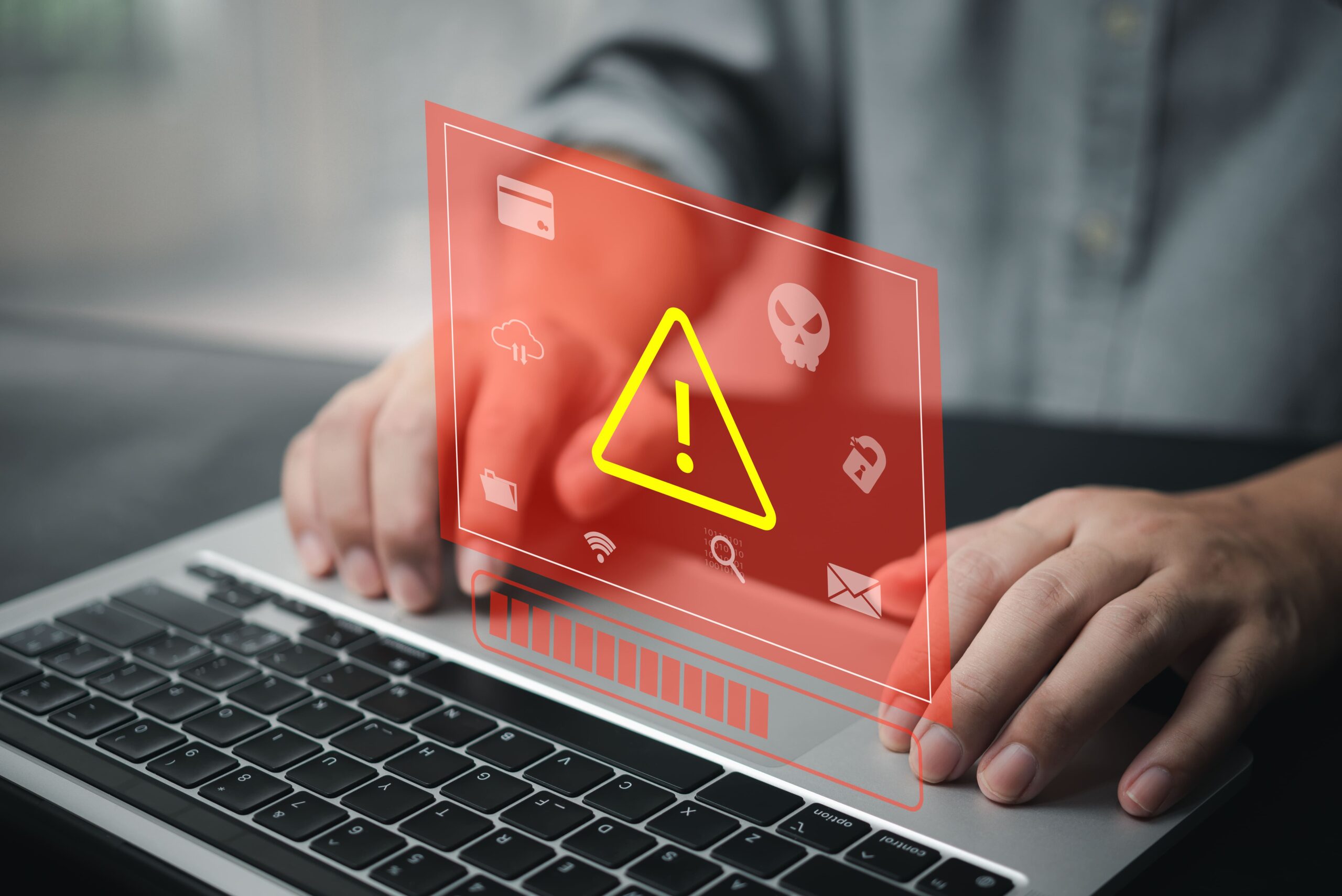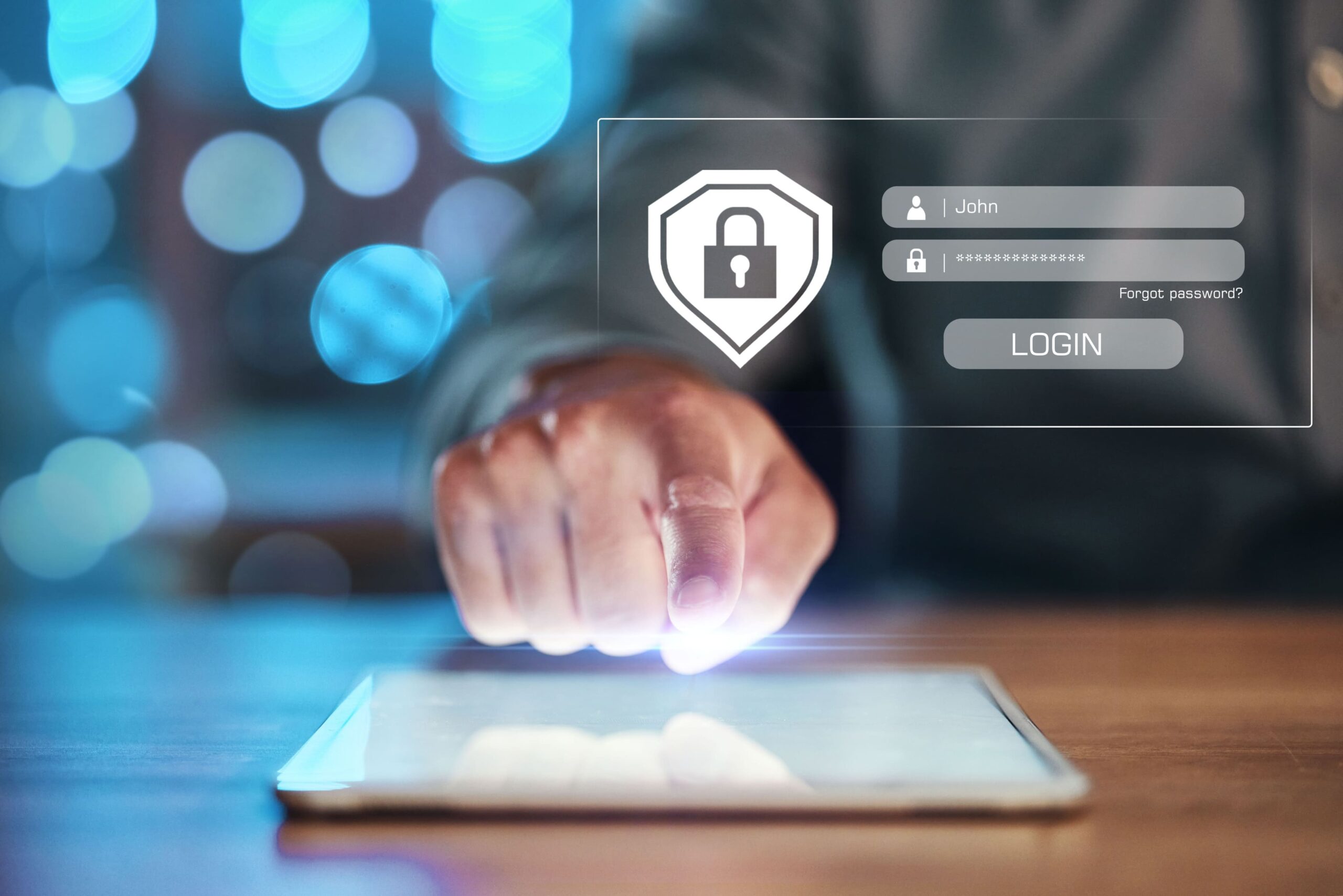As virtual assistants seamlessly integrate into various aspects of our lives, their role in handling sensitive data continues to grow. However, the convenience they offer is accompanied by the responsibility to ensure data protection and cybersecurity.
This article delves into the significance of imparting cybersecurity training to virtual assistants, elevating their awareness of data protection measures and potential threats.
The Virtual Assistant Revolution and Data Vulnerabilities
Virtual assistants have revolutionized how we interact with technology. These AI-driven tools facilitate tasks, answer queries, and even manage our smart devices. However, this convenience isn’t without risks. Virtual assistants process and store personal and sensitive information, making them targets for cyberattacks. The challenge lies in striking a balance between innovation and security.
Urgency of Cybersecurity Training

As our reliance on digital platforms and services grows, so does the potential for cyber threats and attacks. In this context, empowering individuals and organizations with the knowledge and skills to defend against these threats is no longer just a proactive measure – it’s an urgent necessity.
1. Empowering Users
The digital age has brought unprecedented convenience and connectivity, but it has also exposed us to a myriad of cyber risks. From phishing attacks to ransomware and identity theft, the threat landscape is diverse and ever-expanding. Cybersecurity training serves as a powerful tool to empower users to take control of their digital lives.
By arming individuals with an understanding of potential vulnerabilities and teaching them best practices, training enables users to actively safeguard their personal and financial information from falling into the wrong hands. This newfound knowledge not only enhances their own security but also contributes to the overall resilience of the digital ecosystem.
2. Creating Cybersecurity Culture
A single weak link can compromise an entire network. This is why cultivating a cybersecurity-conscious culture is imperative – both for organizations and individuals. While robust technical defenses are essential, they are not sufficient on their own. Cybersecurity is a collective effort that requires everyone’s participation.
By integrating cybersecurity training into the fabric of daily routines, whether in the workplace or at home, a culture of awareness and vigilance can be nurtured. This culture extends beyond human users to the very technologies we interact with.
Training virtual assistants, for example, to recognize potential threats and adopt protective measures contributes to this overarching culture, reinforcing the idea that cybersecurity is not just the concern of experts, but a responsibility shared by all.
3. Staying Ahead of Evolving Threats
Cyber threats are not static; they evolve and adapt in response to changing technologies and strategies. What might be an effective defense today could be rendered obsolete by tomorrow’s attack methods. Cybersecurity training equips individuals and organizations with the knowledge to stay ahead of these evolving threats.
It encourages a mindset of continuous learning and adaptation, enabling proactive responses rather than reactive measures after an incident has occurred. As technology continues to advance, being well-versed in cybersecurity becomes an ongoing journey rather than a one-time destination.
Essential Components of Cybersecurity Training

1. Data Encryption Awareness
In the digital age, data is the lifeblood of the modern world. From personal messages to financial transactions, our lives are increasingly digital, making data protection paramount. Cybersecurity training should emphasize the importance of data encryption to virtual assistants. By understanding the intricacies of encryption, these digital entities can play a crucial role in transmitting and storing information securely.
This awareness ensures that sensitive data remains confidential and protected from unauthorized access. Virtual assistants, armed with knowledge of encryption protocols, can actively contribute to safeguarding data as it travels through networks or resides in storage systems.
2. Threat Identification
As the first line of interaction with users and digital systems, virtual assistants can serve as an early warning system against cyber threats. By training these assistants to identify potential threats, such as suspicious requests, they become integral components of an organization’s defense strategy.
This proactive approach not only adds a layer of security but can also prevent data breaches and other security incidents from escalating.
3. Privacy Preservation
Respect for privacy is a cornerstone of ethical technology use. Virtual assistants, given their access to personal information, have a responsibility to uphold this principle.
Incorporating privacy preservation into cybersecurity training ensures that virtual assistants are programmed to understand the significance of privacy and the necessity of restricting access to sensitive information. Through proper training, these assistants can learn to distinguish between information that can be shared and data that must remain private.
4. Human-Centric Interaction
An often overlooked aspect of cybersecurity training for virtual assistants is the promotion of human-centric interaction. Teaching these digital entities to interact in a manner that respects user autonomy and security preferences fosters a positive user experience.
This involves training virtual assistants to verify user identities, seek explicit permissions before accessing or sharing sensitive data, and handle sensitive tasks with heightened security measures.
5. Continuous Learning

Cyber threats evolve rapidly. By providing ongoing training, virtual assistants can stay updated on emerging risks and learn how to counteract them effectively. Training modules should not only focus on virtual assistants but should also educate users about the evolving threat landscape. This approach ensures that both virtual assistants and their users are equipped to face the challenges together.
Conclusion
As virtual assistants continue to redefine how we interact with technology, the need for robust data protection measures becomes paramount. Cybersecurity training for virtual assistants serves as a foundation for creating a secure digital environment.
By enhancing their awareness of potential threats and data protection practices, we can maximize the benefits of virtual assistants while minimizing the risks, fostering a safer and more resilient digital future.
Drive Your Business Forward with Office Admin Help
At Office Admin Help, we’re committed to propelling your business to new heights of efficiency and success. Our comprehensive suite of office administration services is designed to optimize your operations and empower your team, allowing you to focus on what truly matters – growing your business.
Partner with Office Admin Help and experience the transformation firsthand. Maximize productivity, minimize stress, and focus on innovation, all while we take care of the administrative intricacies.
Contact us today to learn more about how we can tailor our services to your needs. Your success is our priority, and together, we’ll navigate the path to achieving your business goals.




